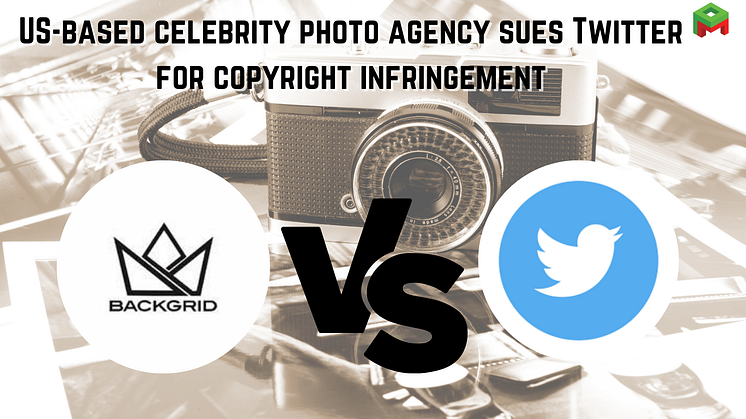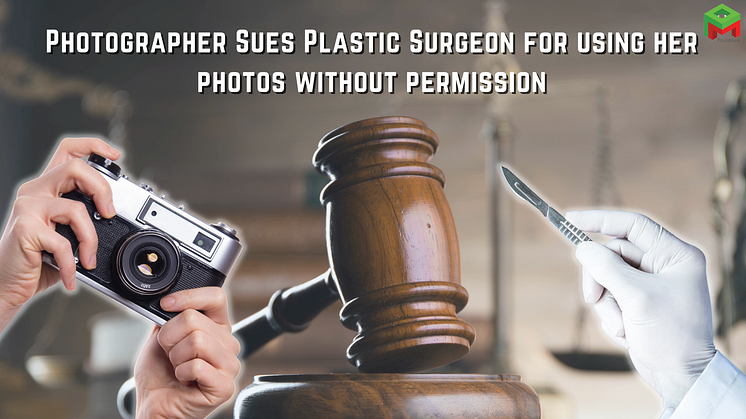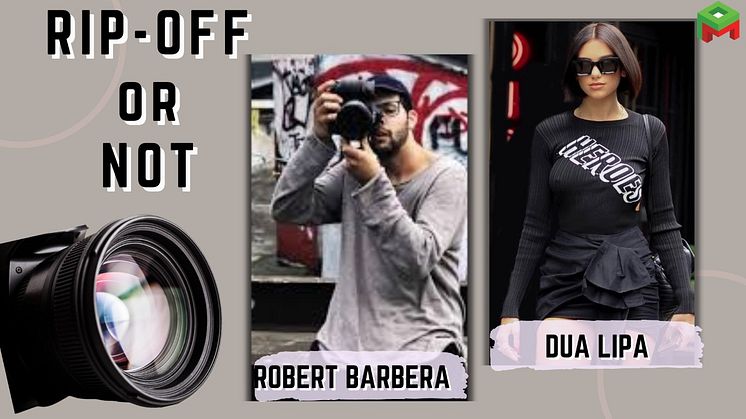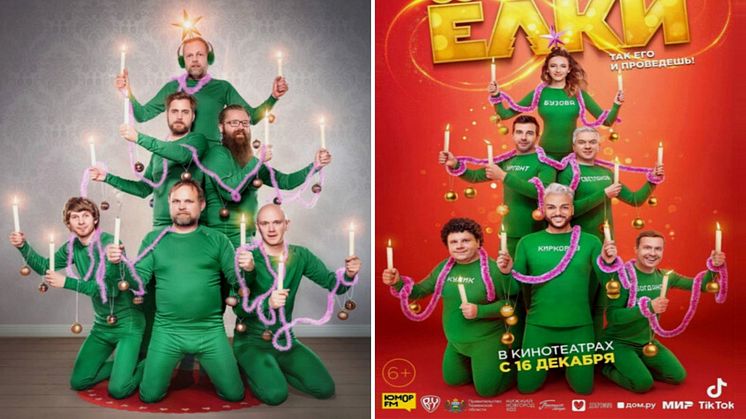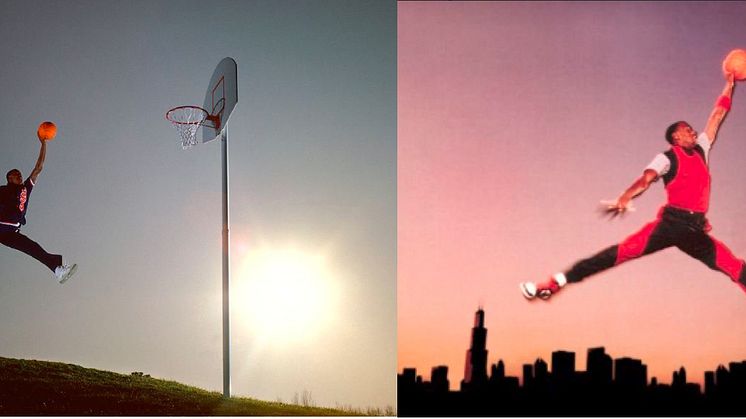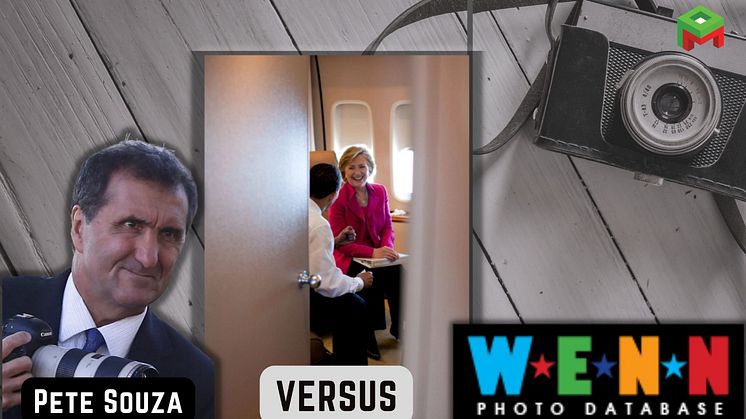
News -
How Copytrack’s bot wrongly accused US White House photographer of stealing a photo clicked by himself
Former United States’ White House photographer Pete Souza had been threatened with copyright litigation for publishing a photo he took of Barack Obama and Hillary Clinton on his personal website. However, it was later revealed that the takedown notice was erroneously sent by the software bot of a copyright tracking firm.
The photo in question was taken by Mr Souza while onboard Air Force One in 2009 on Mr Obama’s first overseas trip as president. He added it to a photo gallery on his site after departing from the White House in 2017.
In an Instagram post, Mr Souza informed his 3.1 million followers that Copytrack, a company that assists photographers in identifying copyright violations, had notified him of a copyright infringement on behalf of WENN Rights International, claiming ownership of the image.
Souza was told that he was “legally obligated to compensate for the damage caused by this copyright infringement.”
He explained the story behind the image and claimed that he “made this photograph” and it is in the “public domain,” so they aren’t protected by copyright.
However, WENN CEO Lloyd Beiny later clarified that the takedown notice was an error.
Beiny explained: “Most photo agencies, including WENN, get sent PR photos from numerous organizations who appreciate their images being distributed to media outlets on their behalf. It would appear that is what occurred in this instance.”
Souza is not the first person to face legal repercussions for exploiting one of his own photos that are in the public domain. Getty has faced a US$1 billion lawsuit as a result of complaints about the inclusion of free photos in their paid library. Carol Highsmith received a takedown notice from the photo agency for her own images that she had donated to the Library of Congress.
Although there are a number of companies that share Copytrack's business model and charge a fee to search the internet for instances of copyright-protected photographs being used without permission, these businesses are seen unfavorably because of their tough approach against naive infringers. Dreamstime, however, is one of the players using a different strategy. It aims to be more educational in nature as opposed to others which place more emphasis on trying to negotiate large compensation from alleged infringers.
PitchMark helps innovators deter idea theft, so that third-parties that they share their idea with get the idea but don’t take it. Visit PitchMark.net and register for free as a PitchMark member today.

